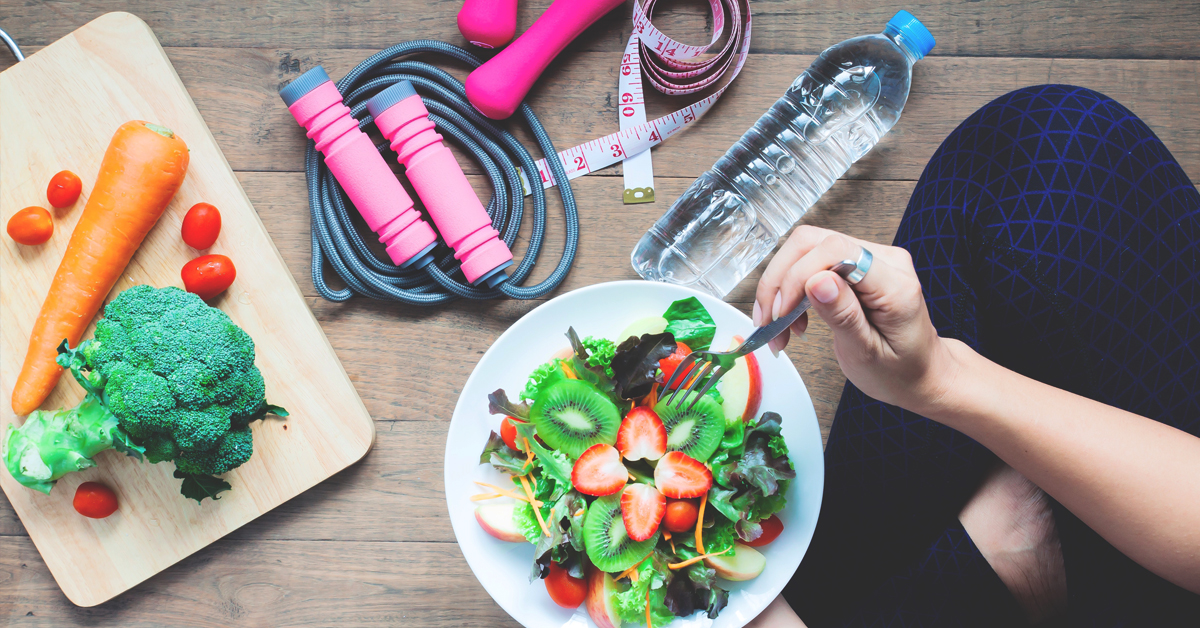3 November 2022

Especially for you, we have selected a short list of suitable foods and drinks to take before, during and after a workout. Add them to your shopping list and let’s get started!
Nutrition before a workout
Pre-workout nutrition is an important part of an athlete’s preparation. A high-carbohydrate meal 3 to 4 hours before exercise is thought to have a positive effect on performance. A small breakfast 1 to 2 hours before it can also be helpful.
It is important to ensure good hydration before competition/workout. Consuming approximately 500 ml of fluid within 2 to 4 hours beforehand may be a good general strategy.
Some people experience discomfort if they eat close to exercise. Having a diet high in fat, protein, or fibre is likely to increase your risk of digestive discomfort. It is recommended that meals immediately before training are high in quick-release carbohydrates, as they do not cause gastrointestinal upset and are quickly digested.
Examples of appropriate pre-workout meals and snacks include:
Liquid nutritional supplements can also be suitable, especially for athletes who are stressed before the event.
Fun fact: For athletes participating in workouts lasting less than 60 minutes, rinsing the mouth with a carbohydrate drink may be enough to help improve performance. The advantages of this strategy appear to be related to the effects on the brain and central nervous system and the rapid absorption of carbohydrates in the mouth, thanks to salivary amylase.
Nutrition during a workout
During exercise lasting more than 60 minutes, carbohydrate intake is needed to maintain blood sugar levels and delay the onset of fatigue.
Current recommendations are for an intake of 30 to 60g of carbohydrates, which is considered sufficient and can be in the form of lollies, sports gels, sports drinks, low-fat muesli and sports bars or a small sandwich with white bread.
It is important to start taking it early during the workout and to consume regular small amounts throughout the whole period. It is also important to drink fluids regularly during prolonged exercise to avoid dehydration. Sports drinks, diluted fruit juice and water are good choices. For people who exercise for more than 4 hours, up to 90 grams of carbohydrates per hour are recommended.
Nutrition after a workout
Rapid glycogen replacement is important after exercise.
Carbohydrate foods and fluids should be consumed after exercise, especially in the first to two hours after it. Although consuming enough total carbohydrates post-exercise is important, the source of carbohydrates can also be important, especially if the second workout or competition is scheduled for less than 8 hours later.
In these situations, athletes should choose high glycaemic index carbohydrate sources (e.g., white bread, white rice, white potatoes) in the first half hour after the exercise. This should continue until normal eating is resumed.
Suitable choices for energy “loading” include:
Since most athletes do not hydrate sufficiently during exercise, rehydration after exercise is also very important for optimal recovery.
It is recommended that athletes consume 1.25 to 1.5 litres of (non-alcoholic) fluid for every kilogram of body weight lost during exercise.